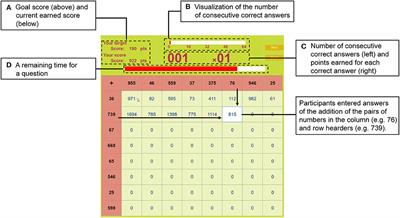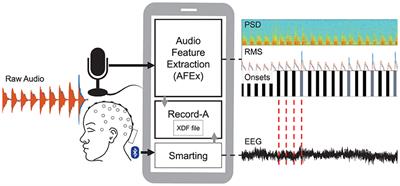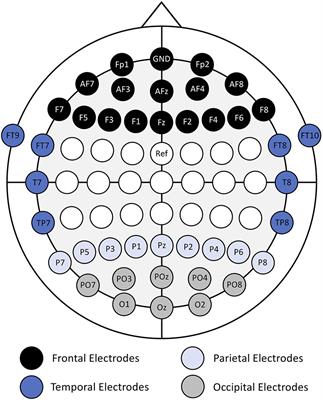ORIGINAL RESEARCH
Published on 21 Oct 2022
P300 as a neural indicator for setting levels of goal scores in educational gamification applications from the perspective of intrinsic motivation: An ERP study
doi 10.3389/fnrgo.2022.948080
- 3,719 views
- 2 citations




